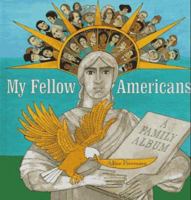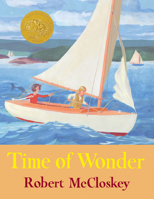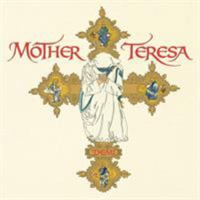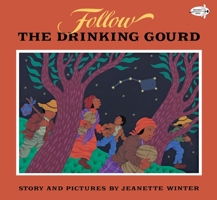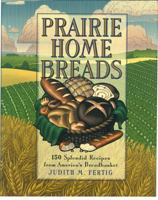Hal Higdon's Smart Running: Expert Advice On Training, Motivation, Injury Prevention, Nutrition And Good Health
Select Format
Select Condition 
You Might Also Enjoy
Book Overview
Your running questions answered. As the expert on Runner's World magazine's Web site, Hal Higdon receives nearly 1,000 questions a month from runners around he world. Questions from how to heal shinsplints to how to use running to safely shed pounds. Hal taps into 40 years of running experience and a wide network of exercise scientists and doctors to bring readers sound advice. And in Hal Higdon's Smart Running , he brings this same experience and knowledge to new and veteran runners. You'll discover: * How to fit running into a busy lifestyle * What the best program is to lose weight * How to run a faster 5-K * How to motivate yourself to exercise consistently * If you are ready to run a marathon * What the best types of running shoes are * What the difference is between muscle soreness and an injury * What to eat before a race * How to run safely at night * How much cross-training should be in your running program * If you should run less as you get older * How to train for a marathon * If your diet should be high in carbohydrates * How much speedwork should be in your workouts * What the newest fabrics in running clothes are This description may be from another edition of this product.
Format:Paperback
Language:English
ISBN:0875965350
ISBN13:9780875965352
Release Date:June 1998
Publisher:Rodale Books
Length:240 Pages
Weight:0.70 lbs.
Dimensions:0.6" x 6.0" x 9.1"
More by Judith M. Fertig
Customer Reviews
8 customer ratings | 6 reviews
Rated 4 starsAll right -- but founder of Klondike Gold Rush misspelled
By Thriftbooks.com User,
I happened across this book in a local branch of the Taipei, Taiwan Public Library of all places. The pictures are wonderful. The story is sure to capture children's imaginations (I just skimmed it, because my friend was just showing me the children's section of the library). But, given my last name, one thing stood out: that the last name of the generally-attributed discoverer of the Klondike gold rush is misspelled as...
0Report










